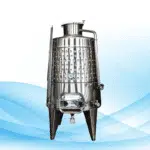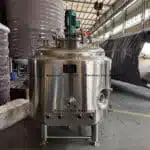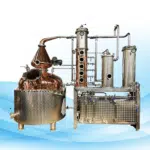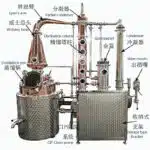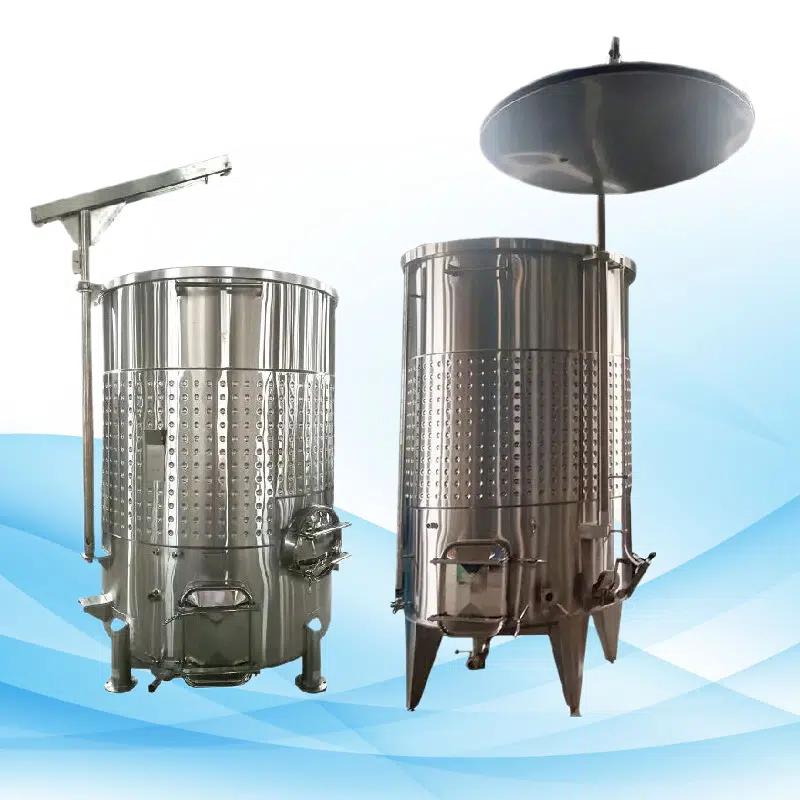The History of Moonshine
The word “moonshine” first appeared in the 1700s, when illicit distillers would operate in the shadows to avoid being discovered. Due to the fact that the distilling process was frequently carried out at night, by moonlight, it was known as “moonshine”.
The first moonshine was produced in the United States by immigrants from Scotland and Ireland, who also brought their distilling expertise. They made homemade moonshine, which they frequently sold to augment their livelihood, using the plentiful maize yields in the southern states.
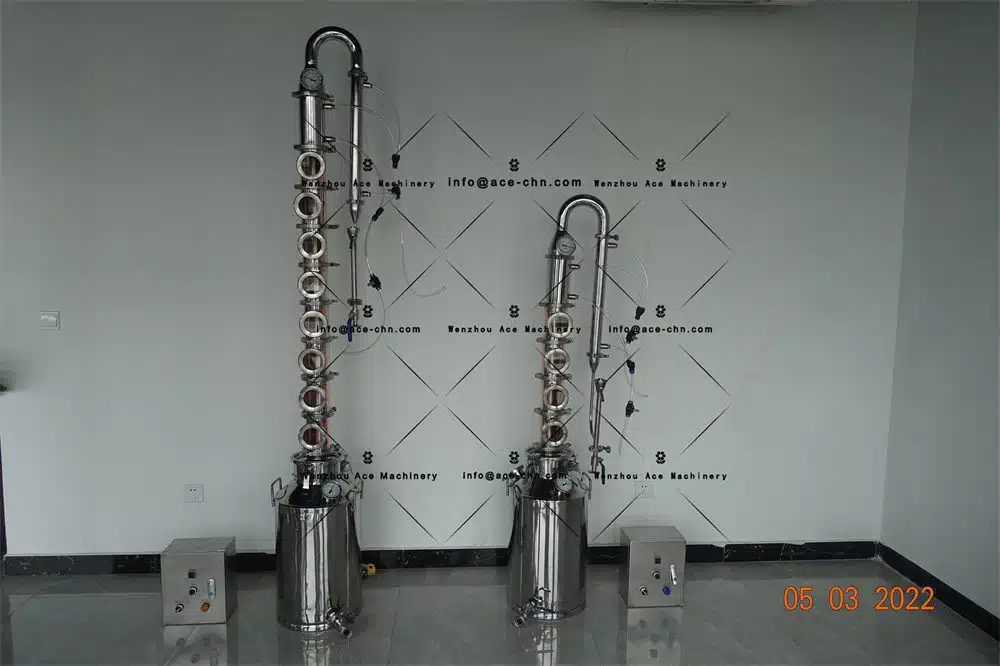
Moonshine and Prohibition
The United States outlawed the manufacture and sale of alcohol in the 1920s during the Prohibition era. As a result, moonshine manufacturing and use increased, since it was an easier and less expensive substitute for alcohol that was made legally.
Moonshine was typically manufactured in secret in isolated locations or in covert stills, then sold and transported. Due to this illicit activity, bootlegging and organized crime increased, and “speakeasies”—places where people could buy and drink alcohol covertly—were established.
Moonlight Rebellion
Moonshine was subject to a tax imposed by the US government in 1791 on all distilled alcohol. Farmers and distillers in western Pennsylvania opposed this levy because they felt it unfairly burdened their means of subsistence.
Due to their opposition, farmers and distillers staged the Whiskey Rebellion, often referred to as the Moonshine Rebellion, against the tax collectors. President George Washington put an end to the uprising, but it brought attention to the conflict that existed between the government and individuals who produced moonshine.
Why Is It Illegal to Make Moonshine?
Safety Concerns
Moonshine production is illegal for numerous reasons, not least of all due to safety considerations. Homemade stills that may become hazardous when constructed and maintained improperly often serve as means for producing moonshine; high proof alcohol used during the distillation process has the potential of catching fire or even exploding when not handled with care.
Evading taxes
Tax avoidance is another key contributor to moonshine’s unlawful status, as moonshine production and sales have long been used as a method for dodging alcohol taxes. Unfortunately, governments remain concerned by moonshine sales without paying its share in taxes.
Protection of the Alcohol Industry
Defense of Alcohol Sector The government imposes stringent regulations and taxes on alcohol businesses. Their revenues may be compromised by moonshine production which often more readily available and less expensive than alcohol produced legally; hence the reason behind their stringent rules and laws regarding moonshine production and distribution.
Current Rules and Statutes
Federal Statutes
Producing distilled spirits for personal use without a permit is prohibited by federal law. Among them is moonshine. The only exception is for people who manufacture non-potable alcohol for their own purposes, like fuel or cleaning supplies.
Certain states, like Alabama, Mississippi, and Utah, have tight regulations that forbid making and selling moonshine. Some states, like Missouri, forbid the sale of moonshine but permit its manufacture for domestic use.
Some jurisdictions, like Tennessee and Kentucky, have a lengthy history of producing moonshine and have made it legal to produce and sell it as long as the right paperwork is obtained.
How to get a home distilling permit
You can apply for a home distillation permit from the Alcohol and Tobacco Tax and Trade Bureau (TTB) if you’re interested in producing moonshine lawfully. You are able to make distilled spirits with this permit, but not for commercial use.
Furthermore, you need to pay a fee and submit an application to the TTB in order to get a permission to distill alcohol at home. You also need to submit comprehensive details regarding your distillation procedure and still. After inspecting your still, the TTB will decide whether to grant or reject your permit.
Where is moonshine legal
As was previously indicated, state laws pertaining to moonshine vary. While some states have legalized it with the required licenses and permits, others have tight restrictions that forbid its manufacturing and sale. At the moment, the following states authorize home distillation:
- Alabama
- Alaska
- Arizona
- Colorado
- Connecticut
- Delaware
- Florida
- Georgia
- Hawaii
- Idaho
- Illinois
- Indiana
- Iowa
- Kansas
- Kentucky
- Louisiana
- Maine
- Maryland
- Massachusetts
- Michigan
- Minnesota
- Mississippi
- Missouri
- Montana
- Nebraska
- Nevada
- New Hampshire
- New Jersey
- New Mexico
- New York
- North Carolina
- North Dakota
- Ohio
- Oklahoma
- Oregon
- Pennsylvania
- Rhode Island
- South Carolina
- South Dakota
- Tennessee
- Texas
- Utah
- Vermont
- Virginia
- Washington
- West Virginia
- Wisconsin
- Wyoming
Although it is against federal law to produce or sell moonshine, certain states have made it legal for those who have the necessary licenses and permissions. Although moonshine has a long history of being produced and sold illegally, it is still legal and safe to consume with the right laws and safety precautions in place. If you want to produce moonshine, make sure you read up on state laws and regulations and get the required licenses and permissions. Cheers to legally and properly savoring this well-known spirit!





